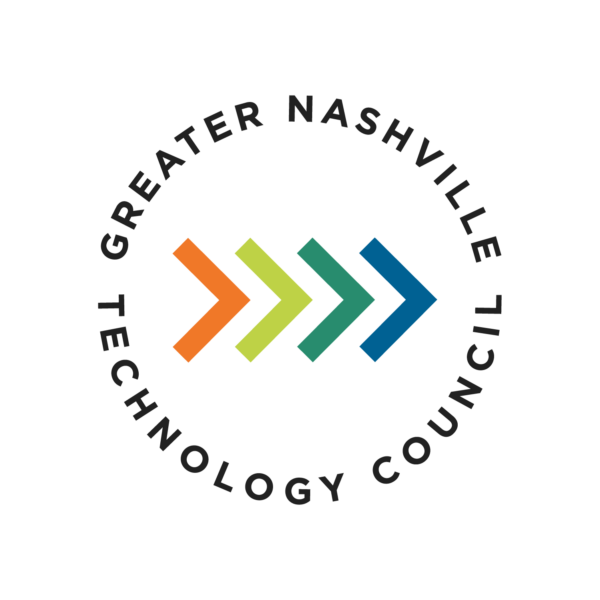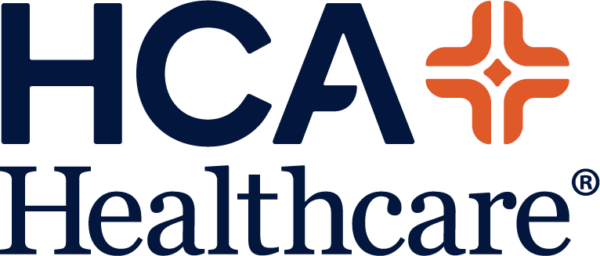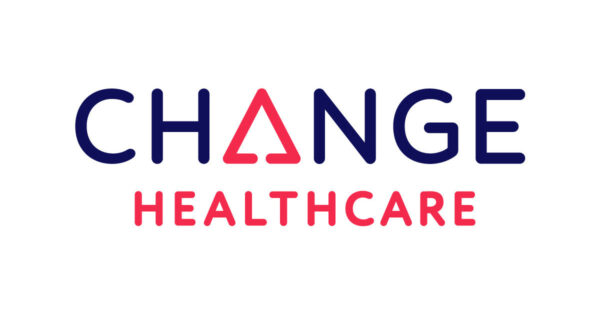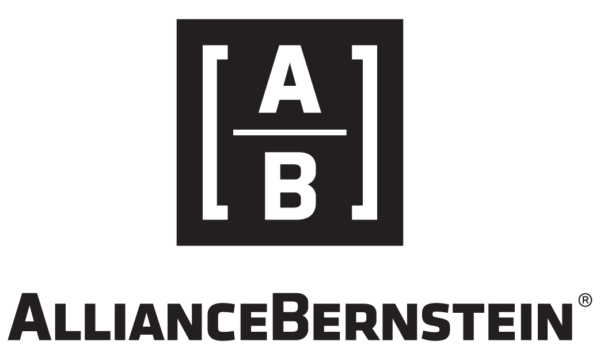In their work, doctors spend major portions of their time away from patients. This time is consumed with researching patient symptoms and treatment options.
What would happen if the information a doctor was looking for could be easily accessed? Could this give doctors back their time? And then, could more patients get a greater quality of care?
According to Brentwood healthtech company EvidenceCare, it makes all the difference. When a visitor arrives at the home page of EvidenceCare’s website, the words “Better Care. Fewer Clicks” appear immediately under the company’s name on the masthead, serving as the company’s slogan.
The relevance for this slogan is highlighted by two statistics found on the website’s home page related to electronic health records (EHR). The first is that “52 percent of a doctor’s day is spent in the EHR,” referring to the electronic health records doctors must sift through. The second statistic is “4,000 clicks are made in a typical ER Doctor’s 10-hour shift.”
So, clearly, a considerable amount of a doctor’s time is spent sorting and sifting through electronic health records. It goes without saying that any attempt to streamline and improve the effectiveness of this search process could be beneficial to both doctors and their patients.
That is exactly what EvidenceCare is all about.
Medical Innovation Prompted by a Scary Incident
Founded in 2015, EvidenceCare works with industry-leading strategic clients like MedStar Health, Bon Secours Mercy Hospital, and Ballad Health.
The company was co-founded by Dr. Brian Fengler, an expert on pulmonary embolisms. Dr. Fengler was thrust into uncharted waters when having to treat a patient who was suffering from a massive pulmonary embolism. Complicating matters considerably, the patient was 36 weeks pregnant.
Dr. Fengler literally authored the treatment protocol for how the patient should be treated. However, he was at a loss for answers when he realized that he was uncertain as to how the treatment would impact her unborn baby.
Of course, Dr. Fengler tried researching the question. However, given his timetable, he was unable to find the information he so desperately needed. Thus, he was forced to think quickly. Fortunately, he was able to save both the patient and her baby. However, this experience impressed on Dr. Fengler that crucial information—assumed to be accessible—isn’t always available.
Information When You Need It
Samuel Bartholomew—who goes by “Bo”—is the CEO of EvidenceCare. He is also a managing partner of Rockmont Investments. Bo was approached by the EvidenceCare team initially to help fund the business. As EvidenceCare came into its own as a healthtech company, Bo saw that Rockmont Investments had taken on a great investment opportunity.
Beyond that, Bo really enjoyed working alongside EvidenceCare. In August 2020, Bo took over as CEO, letting the previous CEO serve as the Chief Medical Officer. Because the company was looking for an experienced leader, Bo stepped in to keep EvidenceCare growing.
Bo feels that the work of EvidenceCare is very important for healthcare as a field that serves society as a whole. It has the capacity to improve people’s access to the most beneficial treatments and procedures in a timely manner.
“We are a software-as-a-service platform that optimizes the clinician’s workflow,” Bo explains. “In particular, this relates to the doctors, when they’re interacting with their electronic health record… Most people, when they think of doctors getting clinical decision support, they envision that happening instantly. The reality is in our health care world today, it does not happen in any form of a real time, available tool.”
Diagnosing the Doctor Research Problem
Most of the tools that doctors use for such work are databases. Researching these databases takes time for doctors. They must read over database findings, intranet sites, .PDF articles, and industry magazines to find relevant information.
“It’s a very inefficient process,” Bo states. “We automate all of that, and bring it to a doctor’s fingertips in real time… We give the doctors what they always envisioned getting out of their electronic health records, but have never gotten yet.”
Bo says that when they first became available electronic health records did their job in terms of making physical records digitally accessible. However, what they have not done is create automated decision support tools that operate in real time.
EvidenceCare does precisely that—matching doctors with best practice or protocols based on the research of the doctor.
Staying Close to the Research
The last few years have seen an increase in EHR companies adopting industry standards like SMART on FHIR and CDS Hooks. These standards make it easier for third parties and health systems to be vendor-agnostic and conduct easier implementations. It’s through these standards that clinical decision support software like EvidenceCare’s can provide a seamless experience inside of the EHR. Previously, this information was only accessible out of the EHR.
Bo says that these standards ripple through the healthtech landscape in interesting ways. One of these “ripples” is the advantage created for healthcare capitals like Nashville.
Bo explains, “Software companies around the country who view healthcare as an opportunity to get in and make a difference are in danger of creating things that become a regulatory red flag. Software companies in the Nashville ecosystem have a distinct advantage because we have talent that has worked in the health system and regulatory environment. So, we understand the nuances of not only how to optimize workflow, but how to do so in a manner that is compliant with regulations.”
Simply put, Nashville healthtech companies have relevant health care and regulatory expertise baked into their fabric. Working with major players like HCA keeps these companies sharp.
Keeping Physicians at the Top of Their Game
The same goes for area doctors. However, Bo notes that doctors are swamped with the amount of information they’re expected to know.
Bo says. “Doctors get trained and then they go practice for 10 years. But medicine improves, and new practices come out every month, every quarter.”
Adopting new therapies takes on average 17 years before these therapies become common practices. This is still a very manual process that requires continued education, webinars, and even word of mouth sharing. It is only in the last few years that innovation that can help doctors find best practices has been available.
Another staggering detail is in the amount of information being produced by the healthcare industry. Sharing an example, Bo states that physicians trained in epidemiology have to spend an estimated 627.5 hours per month to read academic articles related to current best practices!
Putting the Right People Behind Doctors and Healthcare Providers
EvidenceCare has 35 full time equivalent employees. The company revenue has already doubled, and is slated to double again by the first quarter of 2022.
Bo says that EvidenceCare is innovative in its search for employees. He wants to find the best talent “wherever they are in the country.” Some of the tech employees doing more “creative work” might be required to be in the area. Conversely, other employees who can execute and take direction as needed might be able to work from their current location.
Bo says, “We want people focused on the mission. We want people who are passionate about health care, and we want folks who want to wake up and climb the nearest mountain and feel like they accomplished something every day. There are a lot of folks out there who just want to check a box, work part time from home and get paid like they’re working full time. We’re really looking for folks who want to make a meaningful difference in the world they live in.”
EvidenceCare will be taking on more work with clients to evaluate doctor struggles. The company will be launching a series of new apps that doctors can purchase inside their EHR systems. This includes CareGauge, a product created by Healthcare Value Analytics. This company is one of EvidenceCare’s most recent acquisitions.
For further information about EvidenceCare, be sure to visit its website and social media.









